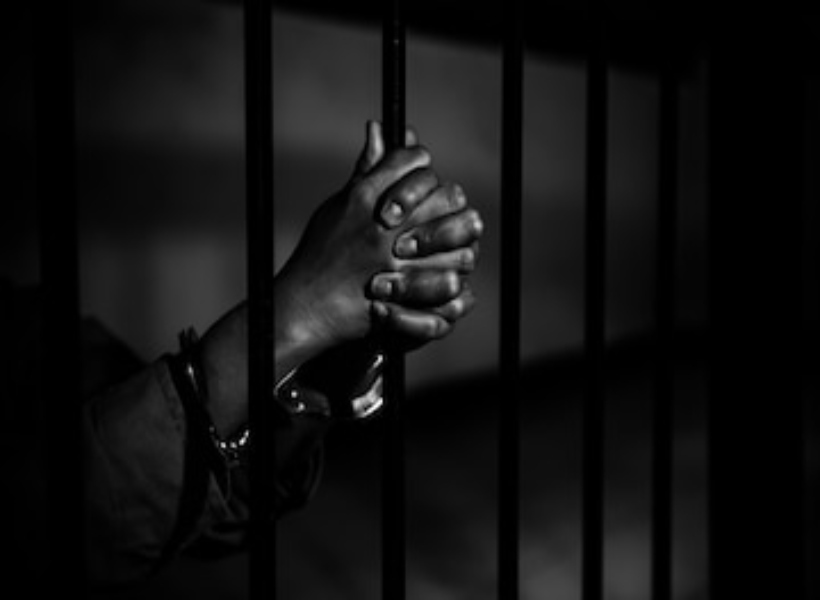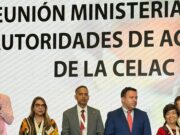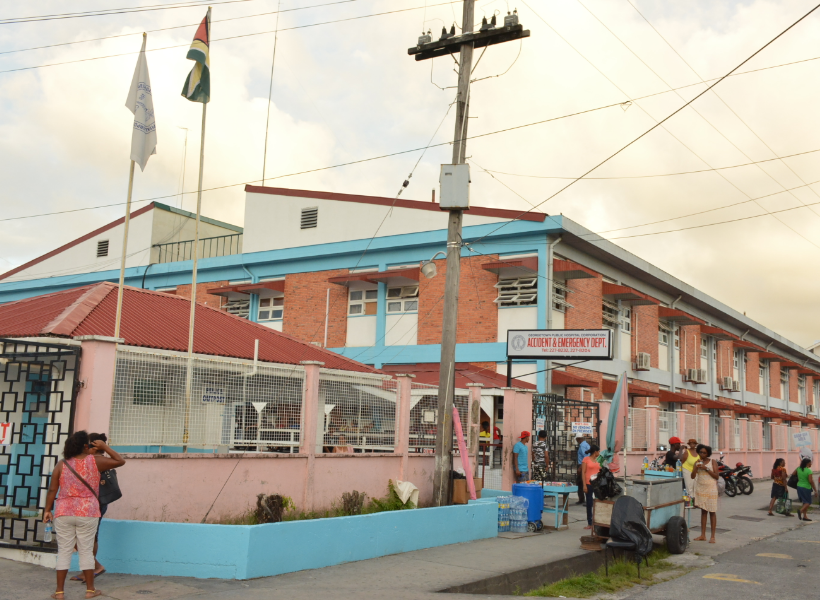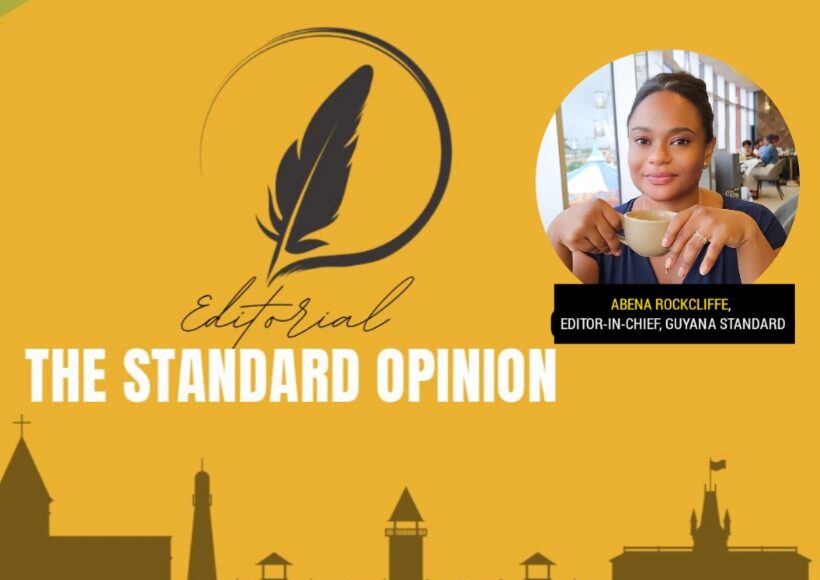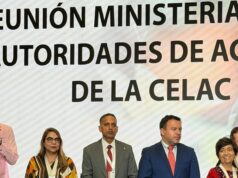By Abena Rockcliffe
Saving an eventuality where dementia steps in, I would never forget those words spoken by Bharrat Jagdeo back when he was opposition leader.
In 2018, Jagdeo sponsored a no-confidence motion against the David Granger-led APNU+AFC administration.
There was much chatter about the motion. Some people thought it to be just a move for the history books; to record that a no-confidence motion was taken to the House even though not successful, because the coalition government had the one seat majority.
Such thinking is probably what caused the late Amna Ally to say “bring it on.”
But others were a bit more sinister, looking at the plot from various vantage points. The fact that the motion was sponsored by Jagdeo himself served as an indicative factor for a few. The rationale was, if he hadn’t confidence for safe passage, Jagdeo would have had the motion sponsored by one of the other People’s Progressive Party/ Civic (PPP/C) Members of Parliament. But of course, some level of skepticism lingered.
During a press conference held at the Church Street office some days after the motion was laid, Jagdeo demonstrated measured confidence. As he fielded several questions from the media, Jagdeo sported a calm demeanor.
As expected, most questions at that forum had to do with the motion. Queries pertaining to the probability of successful passage were posed in various forms. In each case, Jagdeo responded with mysterious optimism. But one answer in particular stood out. Jagdeo said, “nothing is impossible in politics or parliament.”
Perhaps the reason that answer resonated had less to do with the words itself but more with the delivery. Since back then, Jagdeo hosted his pressers armed with several sheets of paper to prompt his talking points. His usual posture was to lean toward the table, arms on, elbows off. When he uttered those words, the then opposition leader retreated into his green chair, utilized the chair arms and lightly twisted from side to side with a pleasant countenance on his face.
We know the rest, Jagdeo’s motion was successful and APNU lost every step of the way ever since. In hindsight, it is obvious that Jagdeo’s demeanor existed because he left little up to providence and because of such careful maneuverings he was confident of the possibilities.
Fast forward to 2025, Jagdeo’s words continue to live rent-free in my head.
When it became clear that for the first time, the People’s National Congress Reform (PNCR ) or PNCR -aligned force found itself losing the leadership of the parliamentary opposition, I vividly recalled Jagdeo’s warning that nothing is impossible in politics. On Friday, the recollection was vivid again. I felt like I relived that moment in 2018, on Church Street.
During the election campaign, rumors were swirling. The suspicions, in some cases fostered by politicians themselves, were always that the We Invest in Nationhood (WIN) party was an extension of one of the other two bigger, more established parties. It was either APNU and WIN or PPP and WIN. It was always WIN being portrayed as not independent.
But Friday told a different story. At the elections for regional chairs were hosted across the 10 regions, WIN was the proverbial cheese, it stood alone.
Every other political force, with a voting power—APNU, PPP and Forward Guyana—collaborated for different gains.
WIN was shocked to its core. It was an outcome obviously not contemplated. The party did not fathom a reality where APNU would vote with PPP; and Forward Guyana, with everyone else but WIN. The public was later told of failed talks between APNU and WIN. Even after negotiations collapsed, WIN still did not expect such unfolding of events.
By Saturday, WIN was still trying to regain composure. Team Mohamed’s posted on Facebook, “Burnham must be turning in his grave (mausoleum), who in their wildest dreams would have believed the PNC would have voted for the PPP.”
WIN has had its first major Jagdeo lesson it can learn from in a measured way—expect anything, prepare for anything because nothing is impossible in politics.
From the looks of things, it can now be interpreted that WIN is “too independent”.
While independence is good, any strong force must have allies. Allies often differ from friends and supporters. WIN contends it did the right thing, it did not “sellout” but whose interest did it serve and to what end? Definitely not its supporters.
The people of region 10 voted overwhelmingly for WIN. WIN has nine seats on the council. To that extent, all other political parties had to join forces only to tie at nine votes with WIN, still needing the Minister of Local Government to cast the deciding vote to give APNU the chairmanship. Because WIN had a false sense of strength, the will of its supporters in that region has been derailed with APNU gaining control.
In Region 8, WIN and PPP/C tied with seven seats. APNU used its one seat to hand control to the PPP/C.
This lesson might have been necessary for the greater good in the context of understanding allies. Another avenue to be explore is Dr. David Hinds’ previous warning to WIN: not to work with the PPP at the level of GECOM or it will lose confidence of its supporters who are against PPP. I wonder if this applies to the regional level.

